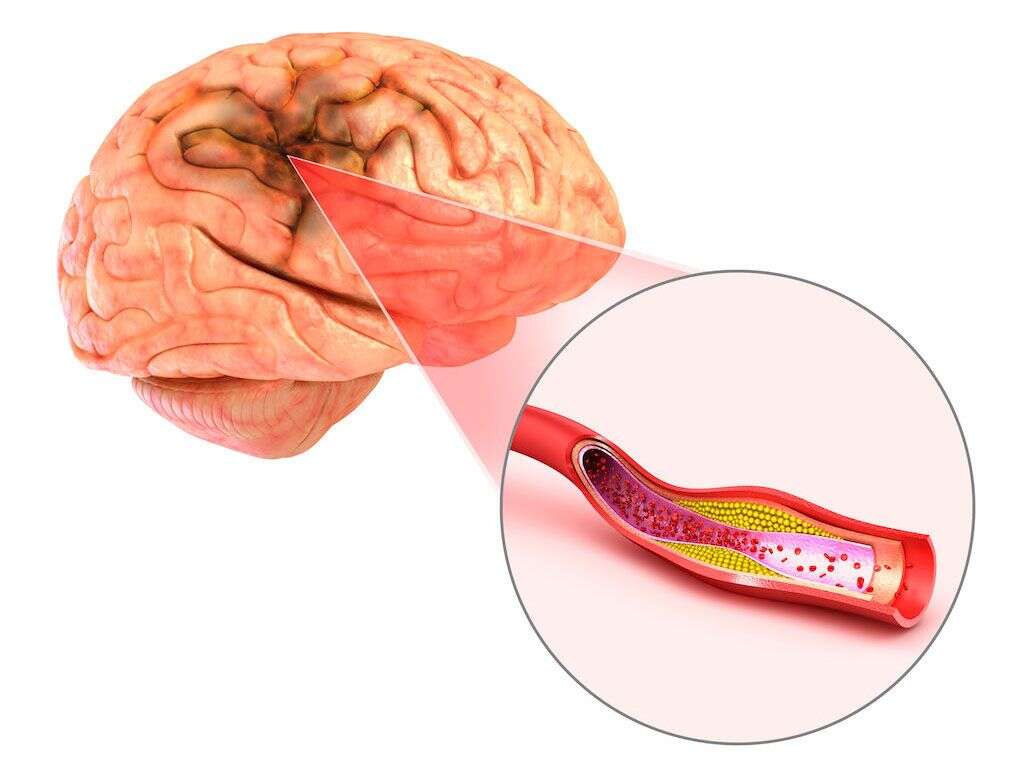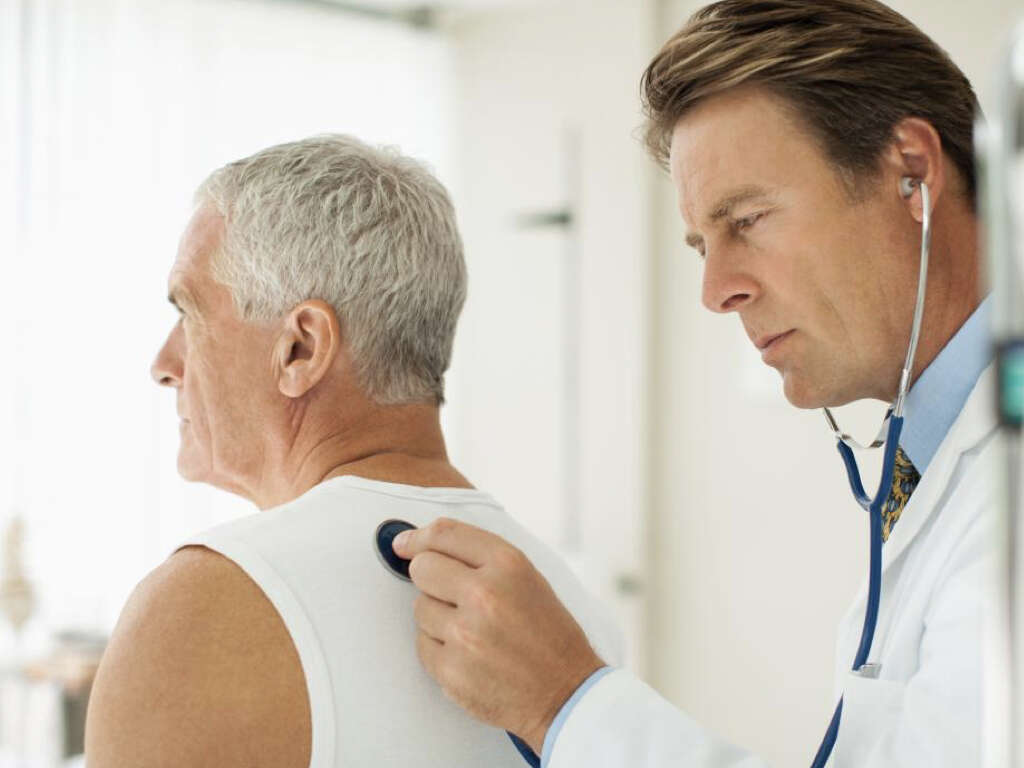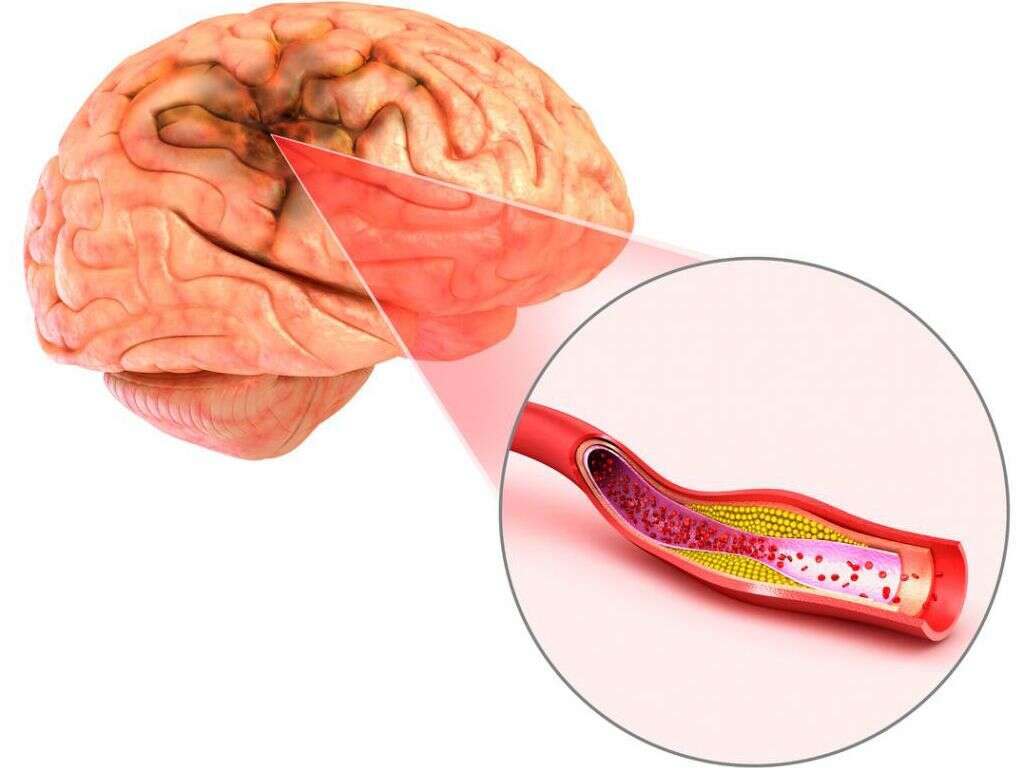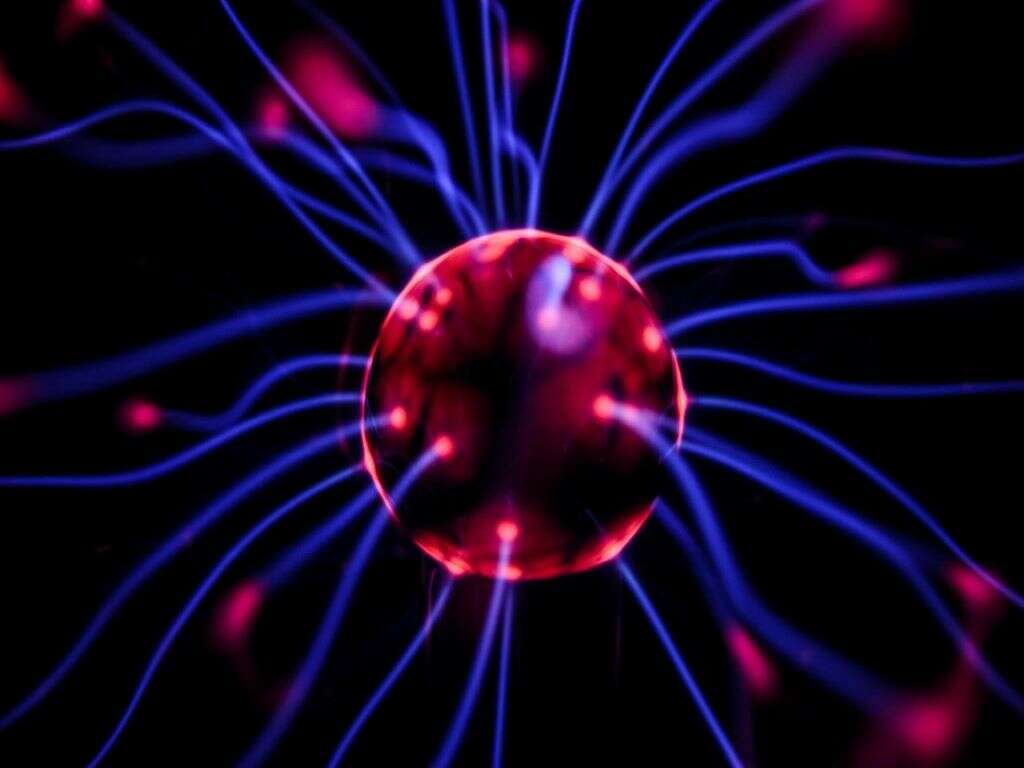10 Stroke Symptoms
A stroke is basically when the blood flow to a part of the brain is somehow cut off. It can be the result of a number of factors. It is something that is more likely to affect older people, but it can also strike people that are in the prime of their lives.
A stroke can be fatal, so it should be treated as an immediate medical emergency. Even if the symptoms do not appear to be severe to begin with, you should still get help for the patient straightaway.
Stroke victims can survive and they can even make a near or full recovery, but it is imperative that they are found medical assistance without hesitation. Below are 10 important stroke symptoms to look out for.
Symptom #1: Difficulty Seeing
What we see is a mental image of the world around us that has been processed by our brains. As the information comes in from the eyes, the brain uses that information to create something that is meaningful to us. This means that if our brain was to develop a problem, our sight can develop a problem as well.
One symptom of a stroke is that the patient can develop difficulties in seeing properly. It will often occur in one eye only but it can also occur in both. It is not usual for such a symptom to develop suddenly and it should be treated as something that is potentially serious.
Symptom #2: Sudden Nausea
Nausea is so common that it can be very easy to overlook it as being something harmless, and it often is. Even just being out in the sun for too long, for example, can make somebody experience the symptom. It can also be a sign of something more serious, however.
If somebody has developed nausea all of a sudden then it can be a good idea to look out for other symptoms as well. The patient might also experience vomiting and this should also not be overlooked too quickly. It might be nothing, but it might also be a sign that the person has just suffered from a stroke.
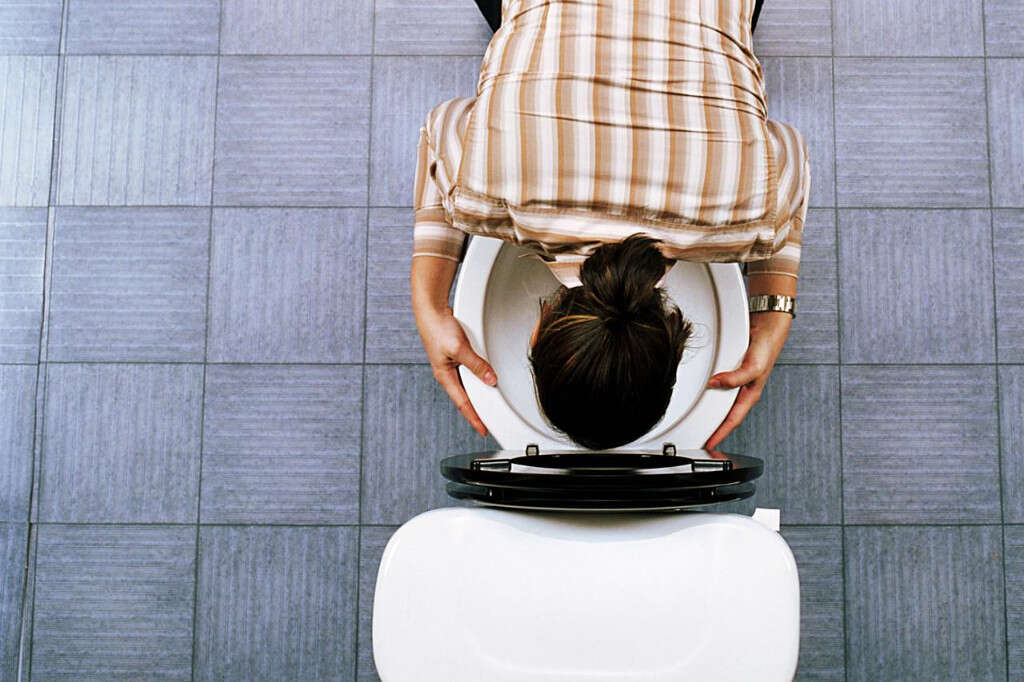
Symptom #3: Headache
A headache is another symptom that will often be overlooked. Most of the time we might just take a couple of painkillers if needed, and go and lie down to wait for it to just go away. Sometimes, though, it won’t go away and it can be a sign that something is very wrong.
Headaches will often come on gradually, but the headache from a stroke will probably come on very suddenly. It is also likely to be quite severe and this in itself might be enough to make it clear that all is not well. If you notice other symptoms that could mean a stroke then you should get help straightaway.
Symptom #4: Sudden Pain in Face
It is not often that we will feel any pain in our face. We might occasionally take a knock or maybe even be bitten by something, but it doesn’t happen often. If you do suddenly experience a pain in your face, it might be a sign that you have just had a stroke.
This symptom is not common in strokes, but it does occur sometimes. In addition to a pain in the face, patients might sometimes experience pain in the arms. It is always a good idea to let medical professionals know about any symptoms you might be experiencing so they are in a better position to help you.
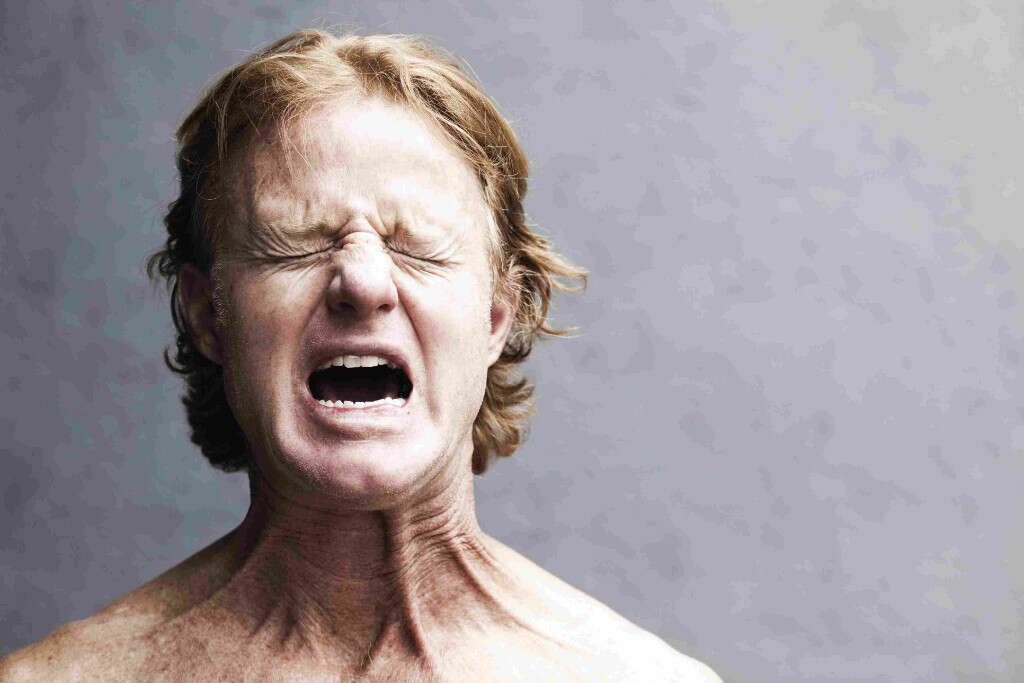
Symptom #5: Shortness of Breath
Everybody will know what it is like to be short of breath. It often occurs after exercising as the lungs work harder to meet the increased demand for oxygen. If you are short of breath even when you have not been exercising, though, then it could be a sign that you have just had a stroke.
This symptom is most likely to occur in female stroke victims. In males or females, it can also be a sign of other dangerous conditions such as a heart attack. You should waste no time in getting the patient to an emergency room. Doing so could save their life.
Symptom #6: Hiccups
Hiccups are often seen as something humorous, with young children in particular finding them amusing. They can be quite unpleasant, though. They can go on for too long and they can also be painful. In some cases, they can also be a sign of a stroke.
Hiccups occur most often in women after a stroke, although they can occur in men as well. They are also often associated with chest pain and this will sometimes make the patient realize something is wrong. It can be easy to overlook them, especially if you don’t know the signs, but ignoring them can turn out to be a catastrophic decision.
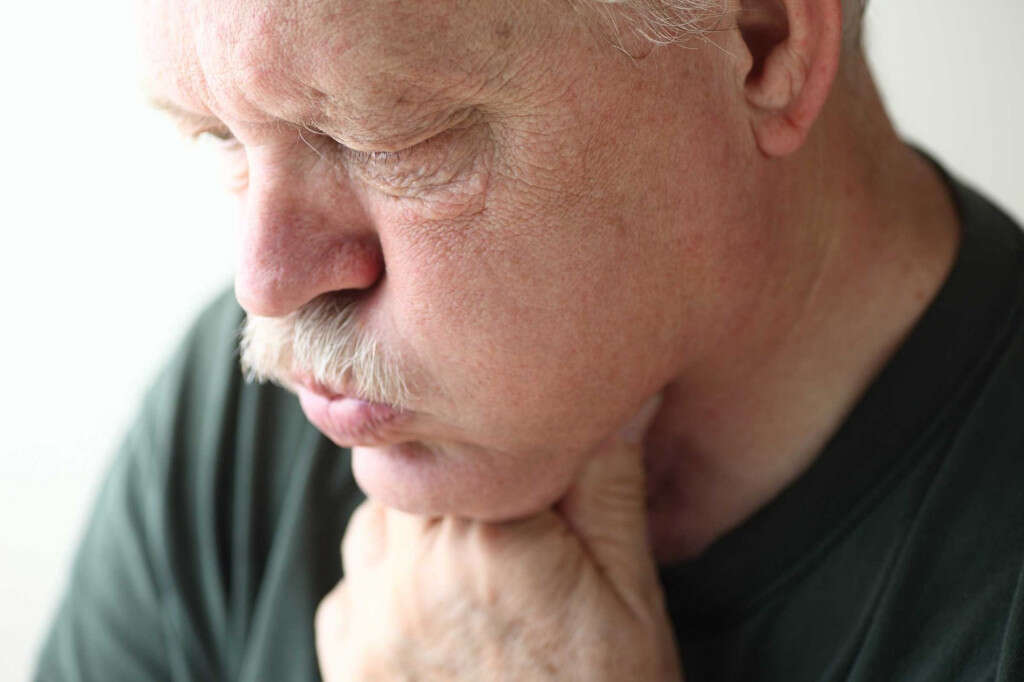
Symptom #7: Sudden Paralysis
Sudden paralysis is one of the better-known symptoms of a stroke. It will usually occur in just one side of the body and will often be noticeable in the face. One side of the patient’s face will appear to be drooped while the other half will appear as it normally would. They might also have difficulty lifting an arm or moving their leg.
This symptom is a clear sign that something is very wrong and that you should get the patient to an emergency room immediately. Even if the patient protests and says they don’t want to make a fuss, you should still get them help straightaway.
Symptom #8: Loss of Balance
Our ability to balance is very impressive if you think about it. It is something that modern technology is only just managing to achieve, but even then, it is nowhere near as capable or gracious as we are. This ability is down to the impressive computing power of the brain that is constantly making adjustments to maintain balance all the time.
If the brain is affected somehow, though, then our balance can also be affected. This means that somebody who has just had a stroke is likely to find walking harder than usual. They can also experience a loss in coordination and also dizziness.
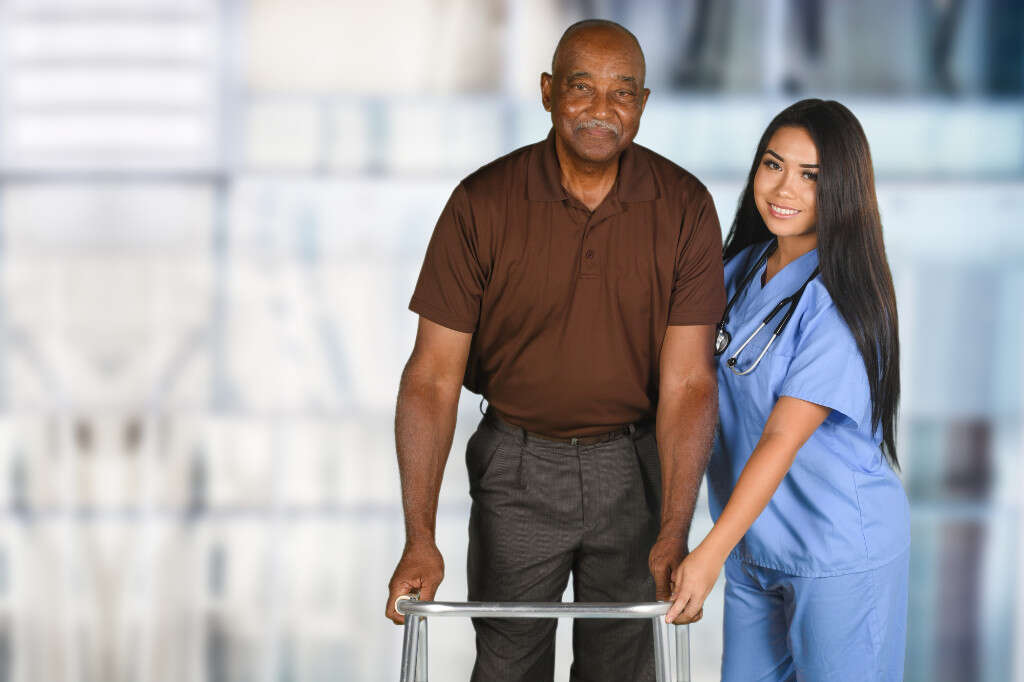
Symptom #9: Confusion
Our brain is like a powerful computer that can constantly let us know where we are and what is going on around us. If this computer was to stop working as well as it usually does, though, then it can struggle to tell us what is happening. This can lead to us becoming confused easier than we usually would.
Sudden confusion is a clear sign that there is something wrong with the patient, whether it is a stroke or something else. You may also notice that they have difficulty understanding what is being said, or they find it difficult to speak themselves.
Symptom #10: Loss of Consciousness
An unexplained loss of consciousness is never a good sign. If somebody has fallen unconscious for no good reason then you should waste no time at all in getting them to the nearest emergency room, or calling an ambulance. It can be a sign of numerous very serious problems, including a stroke.
Likewise, if somebody faints for no apparent reason then there could be something very wrong, even if they do come around again quickly. Some patients might even go into convulsions and this should definitely be treated as an emergency. Remember that acting quickly and decisively could literally help save a life.



